{{phone.Value}}
successful admissions
of students enter the university of their choice
students consult Education Index when applying for universites
successful admissions
of students enter the university of their choice
students consult Education Index when applying for universites
| Study mode | Start date | Duration | Fee international | Fee UK/ EU | Fee study period | Year of study |
|---|---|---|---|---|---|---|
| Full-time | Sep | months: 12 | £14900 | £6100 | Whole course | 2016 - 2017 |
This MSc Education programme enables students to design a tailored programme of study suited to their cultural and learning needs. Students on this programme will be able to opt to specialise and receive awards in the following disciplinary areas:
Identification of these specialisms will be shown in brackets on your award for example, MSc Education (Leadership and Policy).
In addition students can opt not to specialise and to take core units from across the disciplines in order to follow a tailored programme of study resulting in an award of MSc Education. Students opting not to follow a specialism can import up to 60 Masters credits (subject to meeting the University's eligibility requirements).
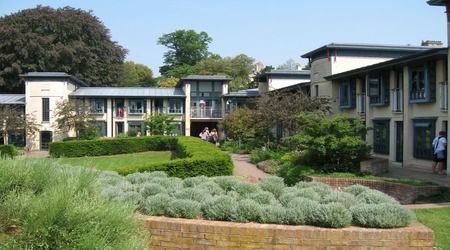
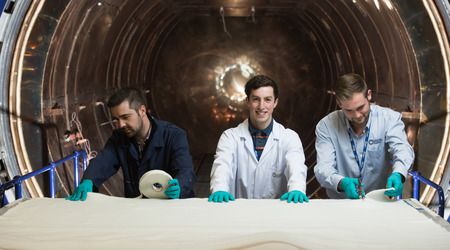

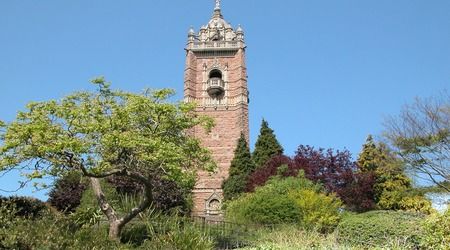
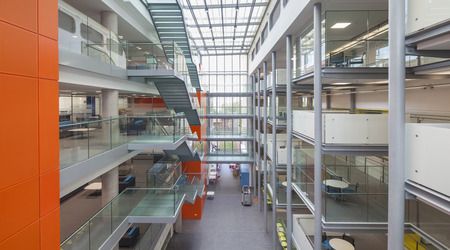
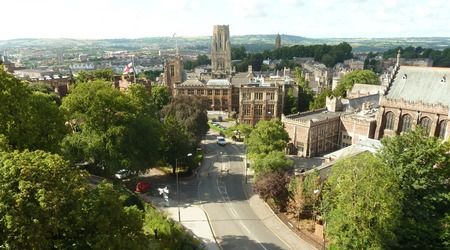
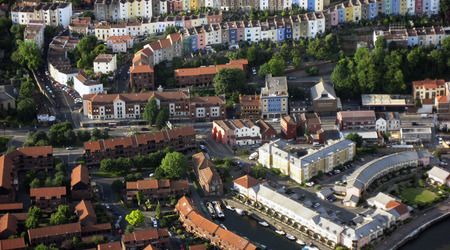
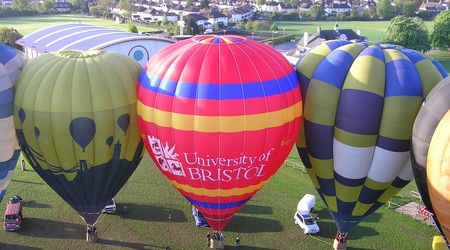
Bristol is located 170 km from London at the mouth of the river Avon. It is the industrial, educational and cultural center of the Bristol region. It is the eighth most populous city in the United Kingdom, and now has about 430,000 inhabitants. A large number of students and young people choose the city for a great place to live and study, as well as for many restaurants, shops and cafes. In 2018, National Geographic Traveler ranked Bristol 11th on its "Cool List". Bristol is also one of the most environmentally friendly cities in the country.
In 2015, Bristol was declared the green capital of Europe. Declared legally: the city has a lot of greenery, parks, clean water, well-developed public transport. This is one of the first years of bicycles in England: it is maximally adapted for this ecological fork of transport. In addition, the local climate, which is one of the warmest in the UK, is also suitable for Cycling.
The city of Bristol has very good transport links to other parts of the UK. London is within 90 minutes by train. The major hubs are Bristol International Airport, Bristol Temple Meads railway station, and Bristol bus and coach station.
Within the city there are numerous regular bus services and taxi ranks. And of course you can always walk - most of what you will need at Bristol is located within a radius of approximately 20 minutes' walk.